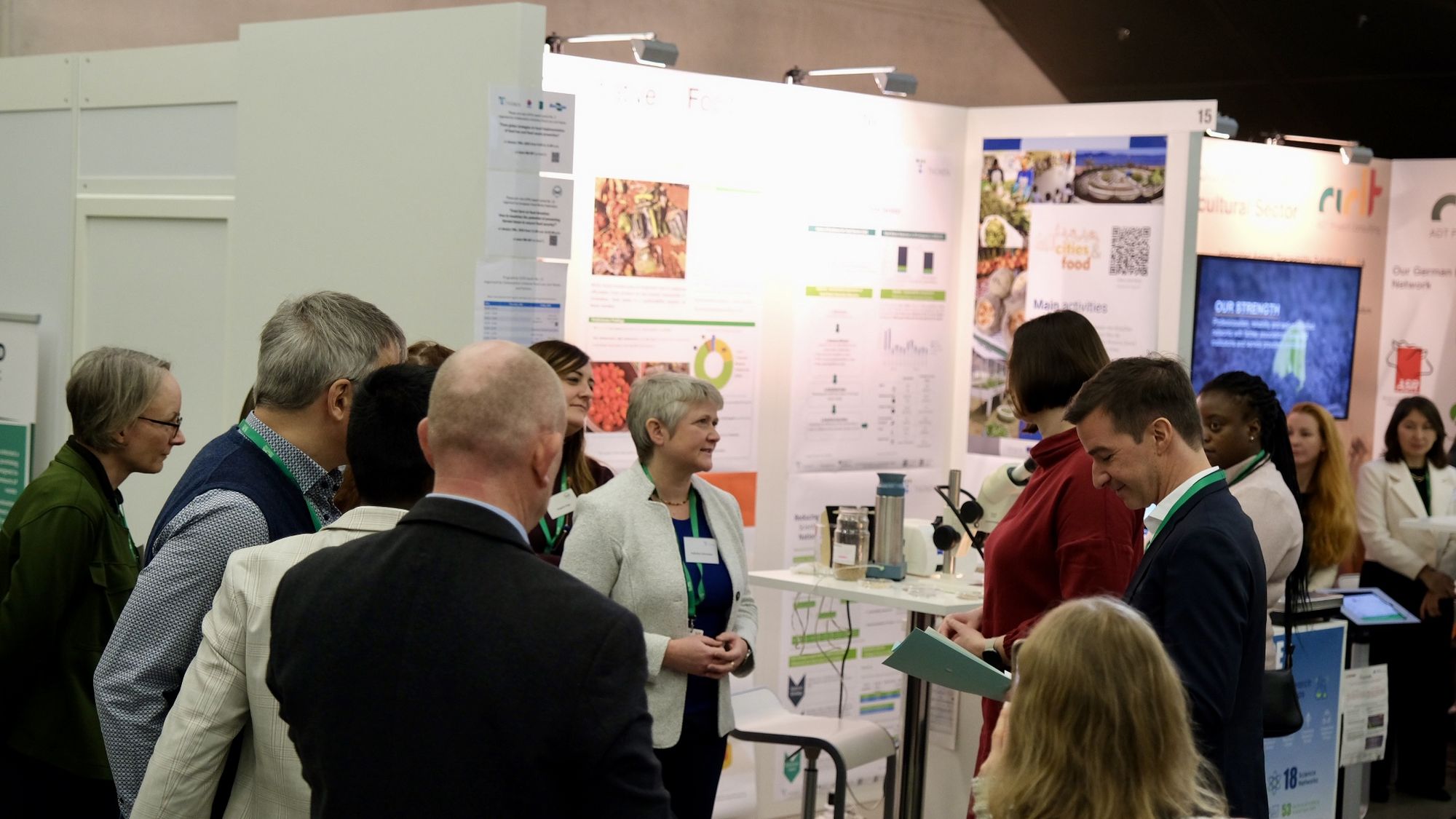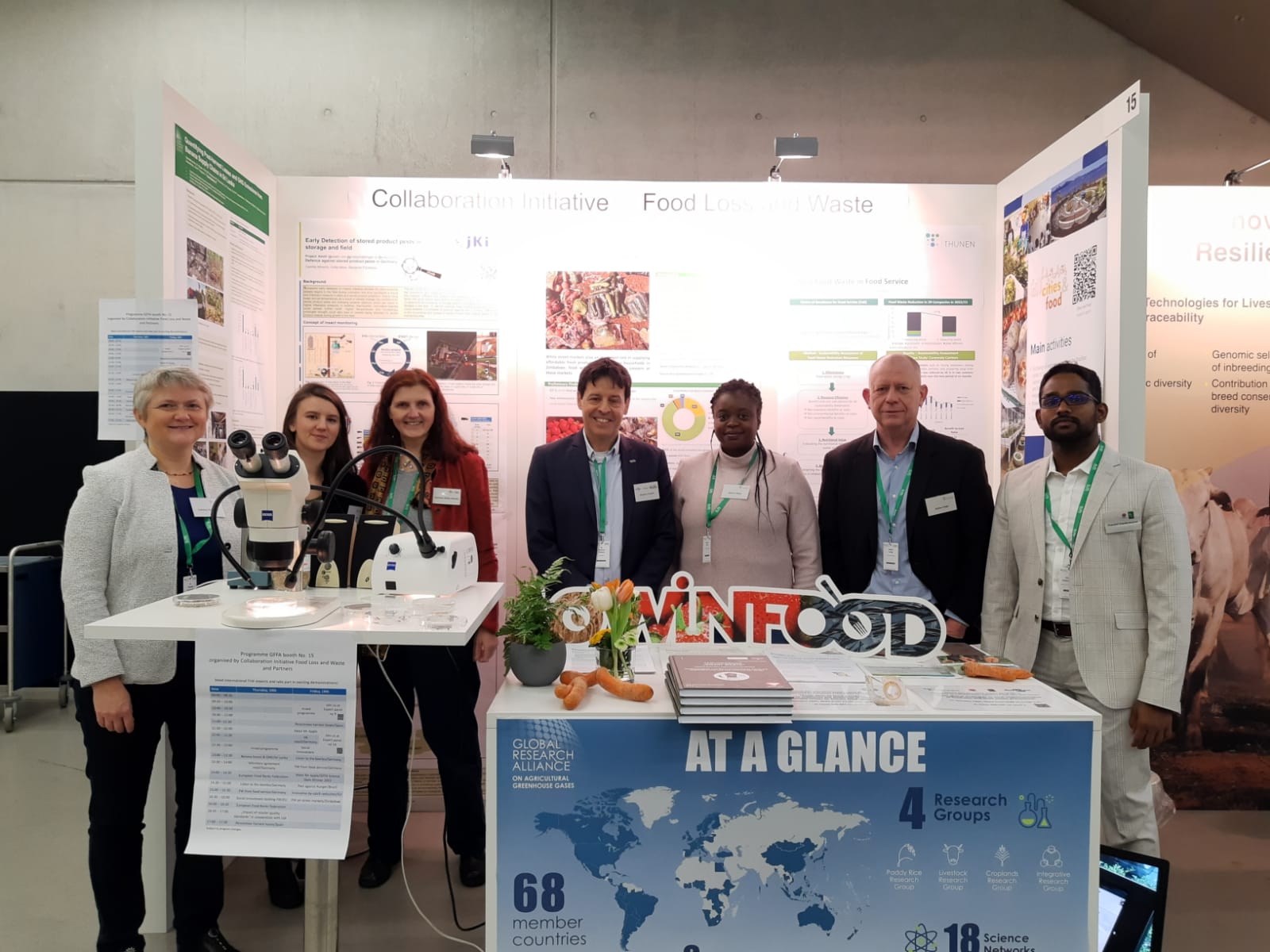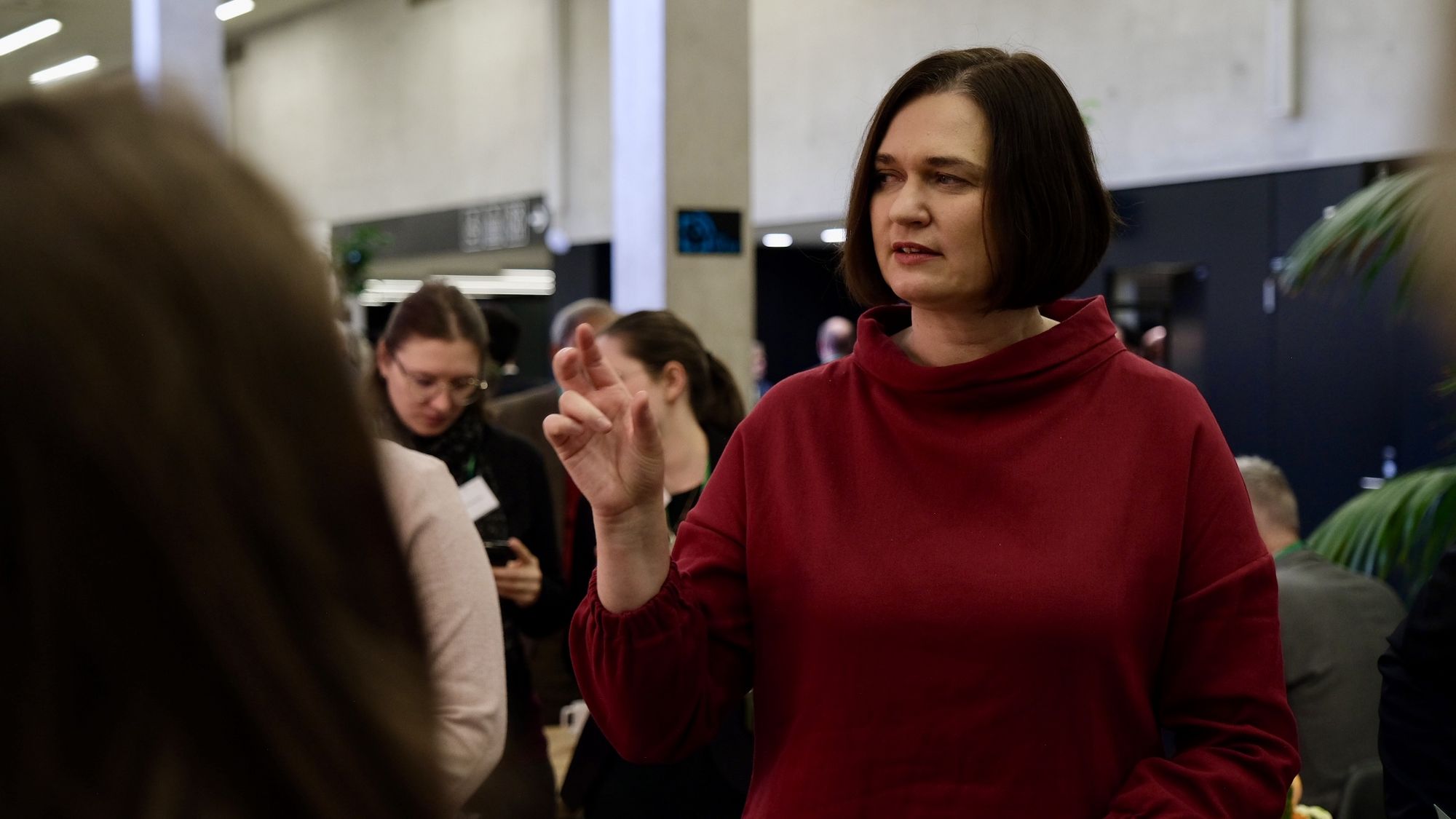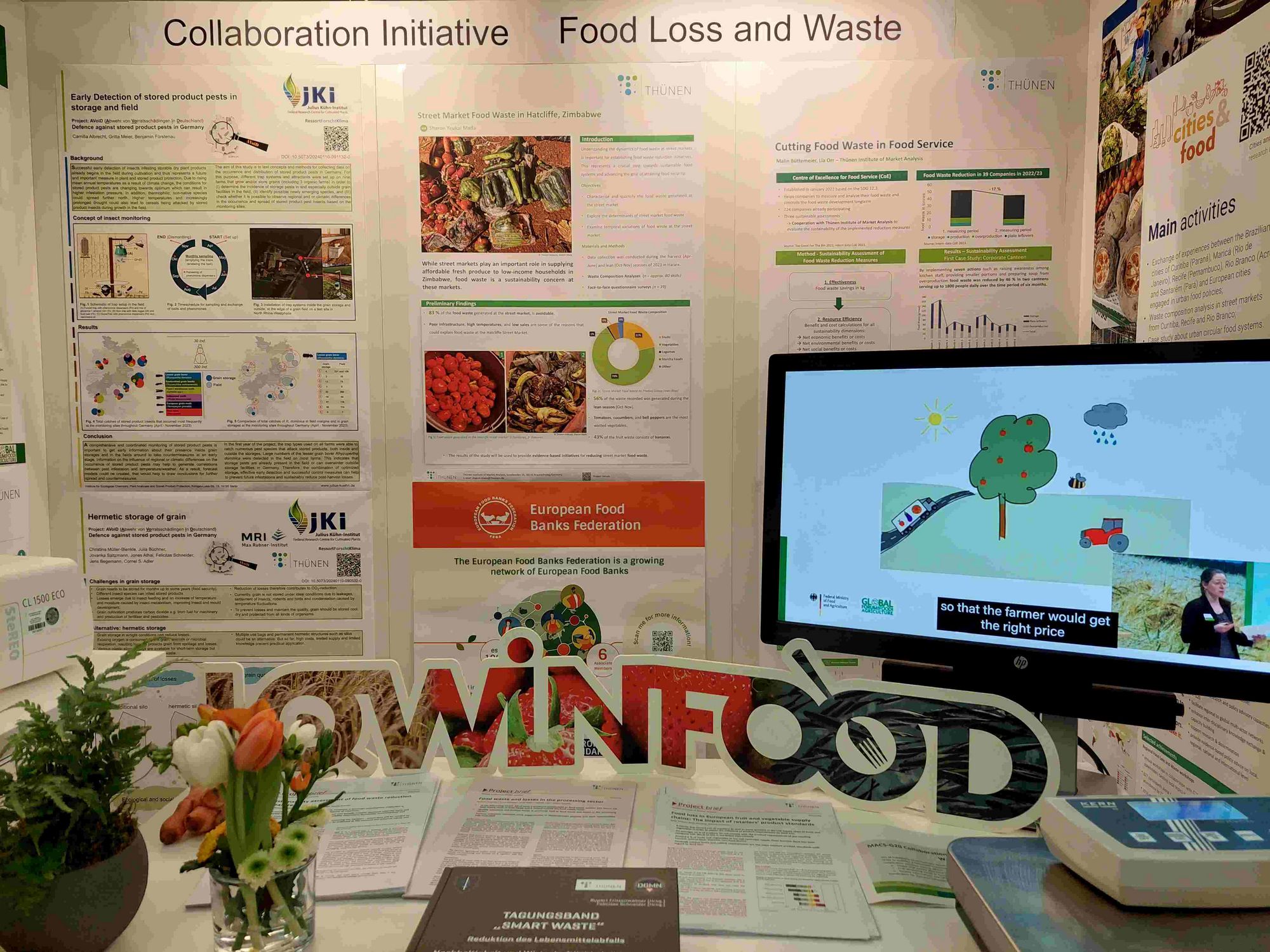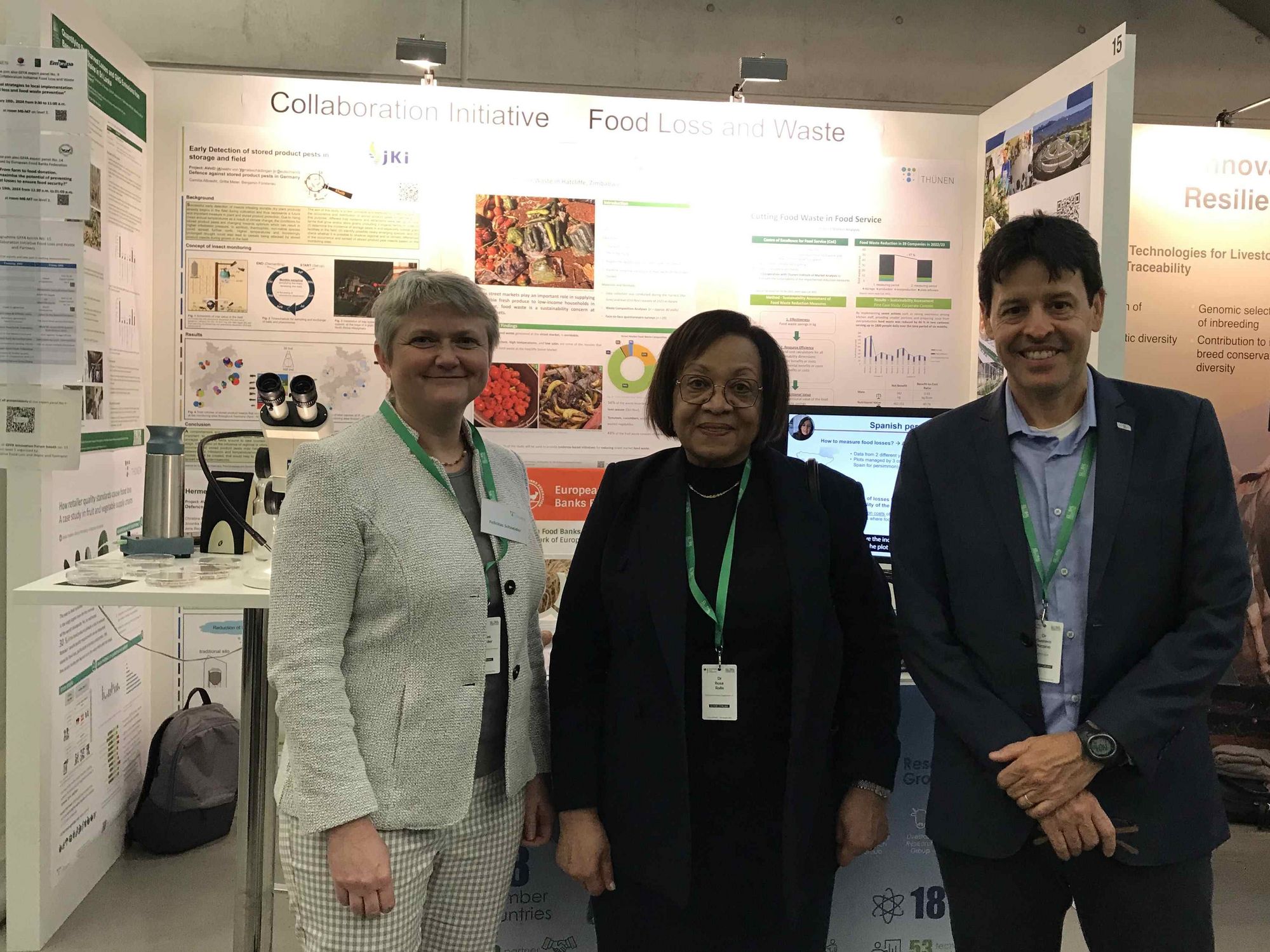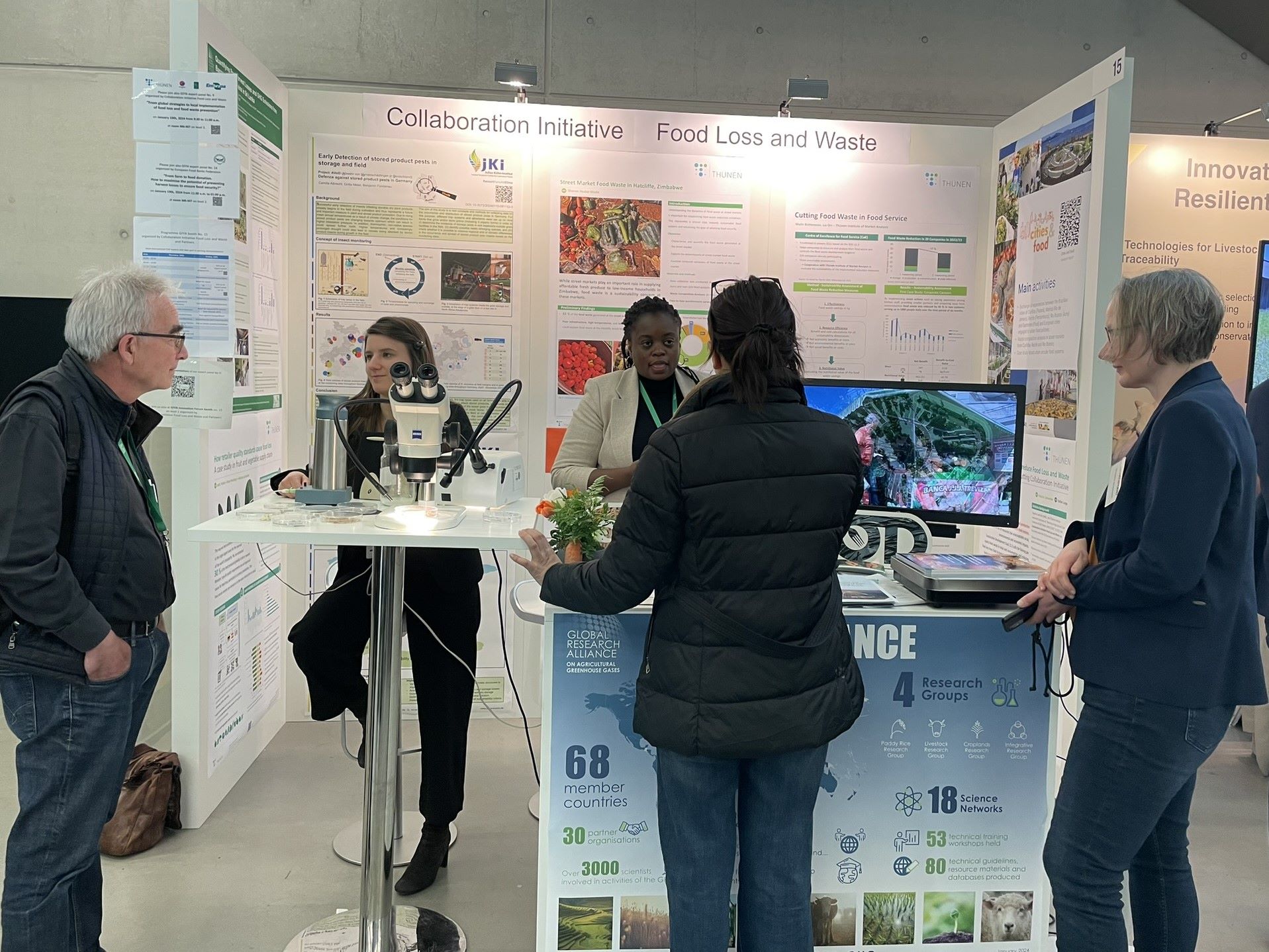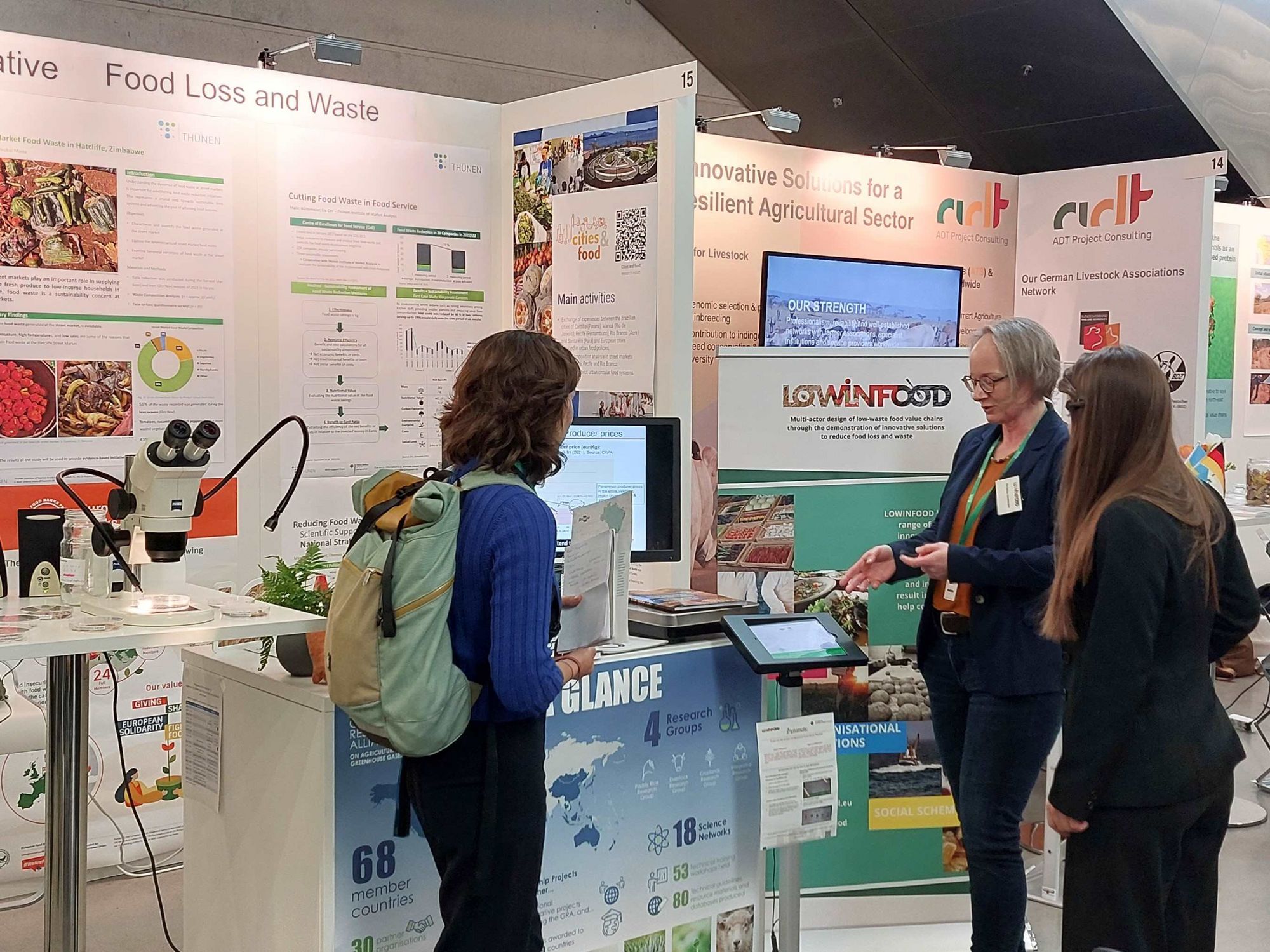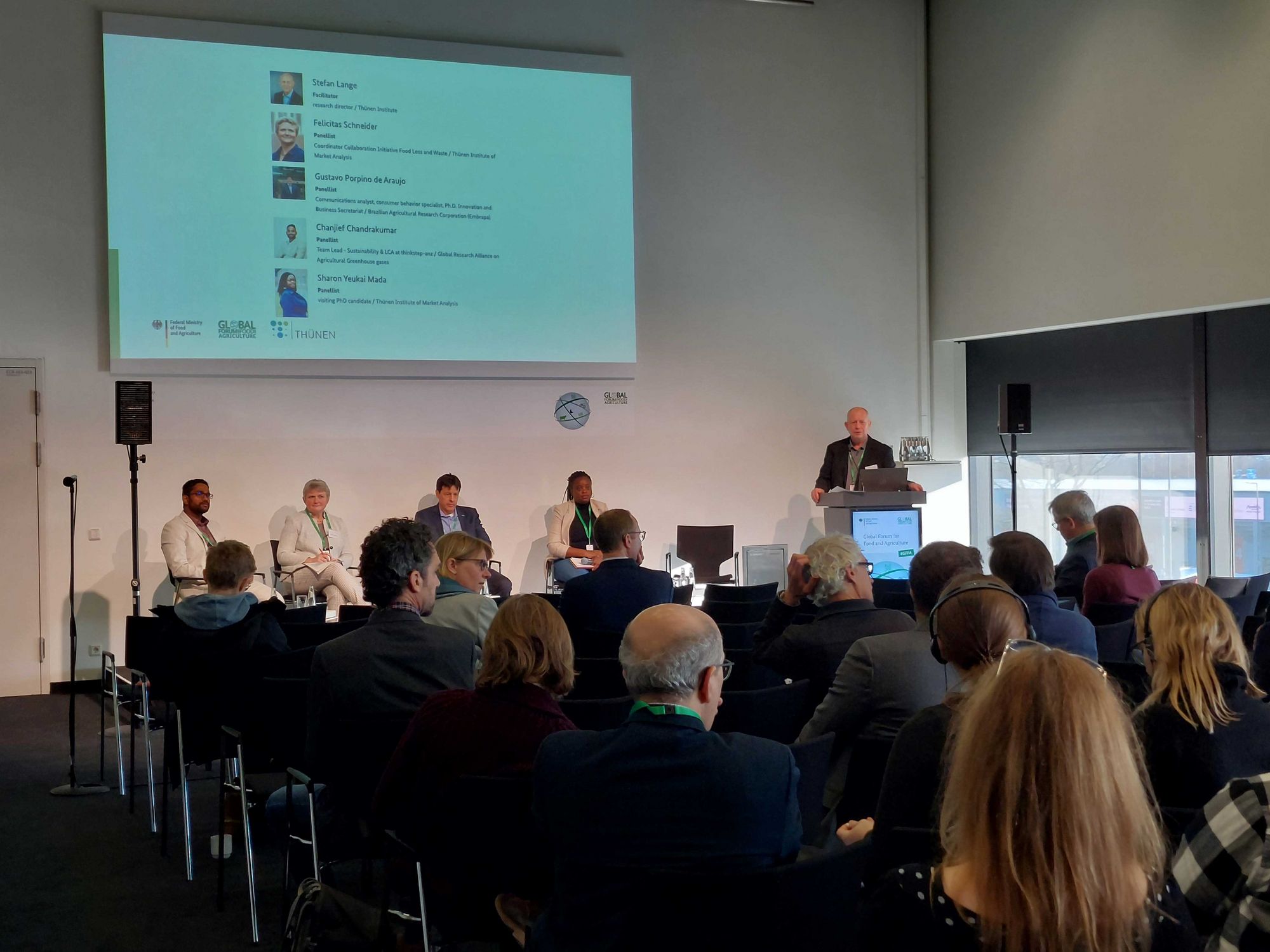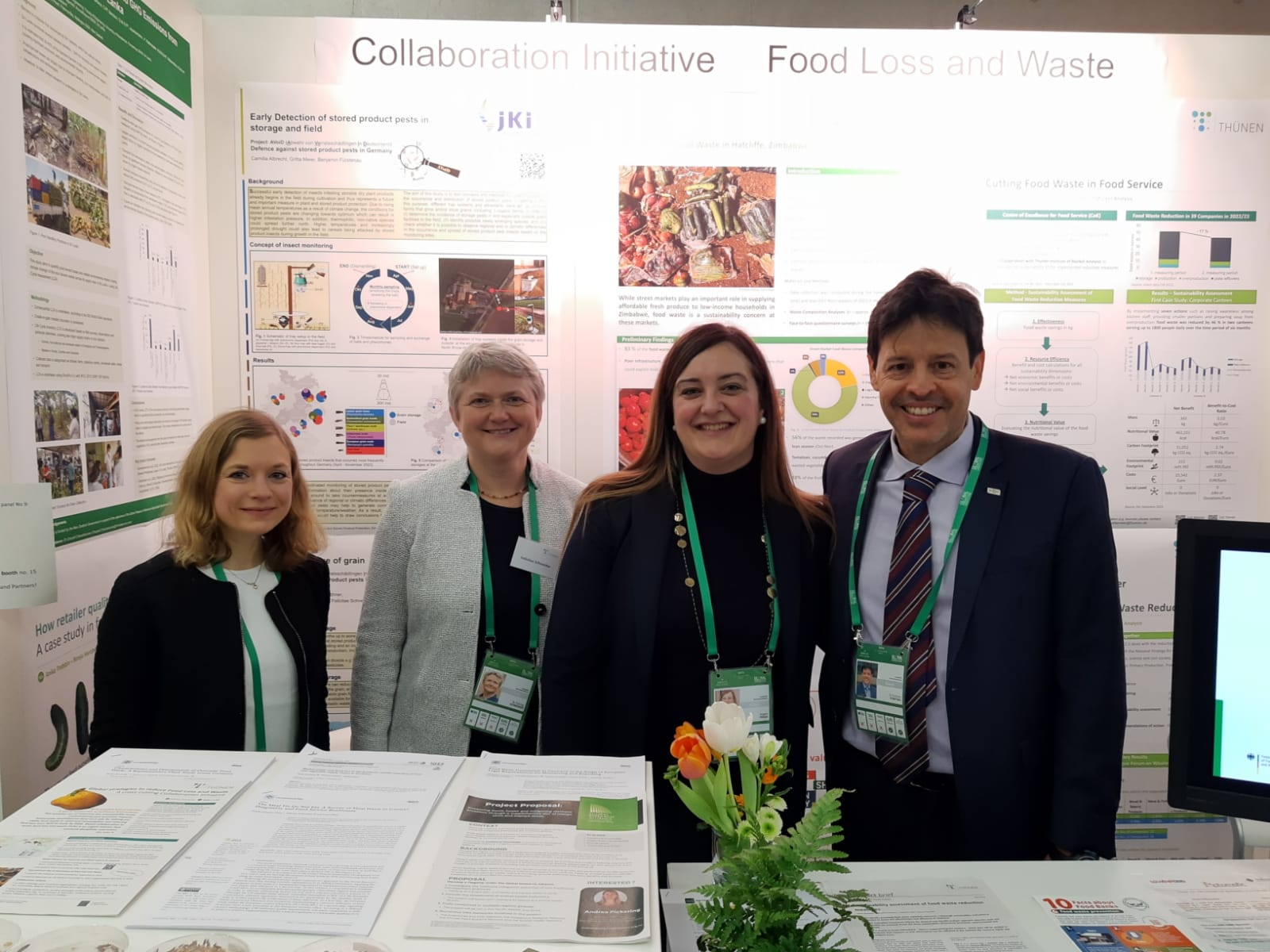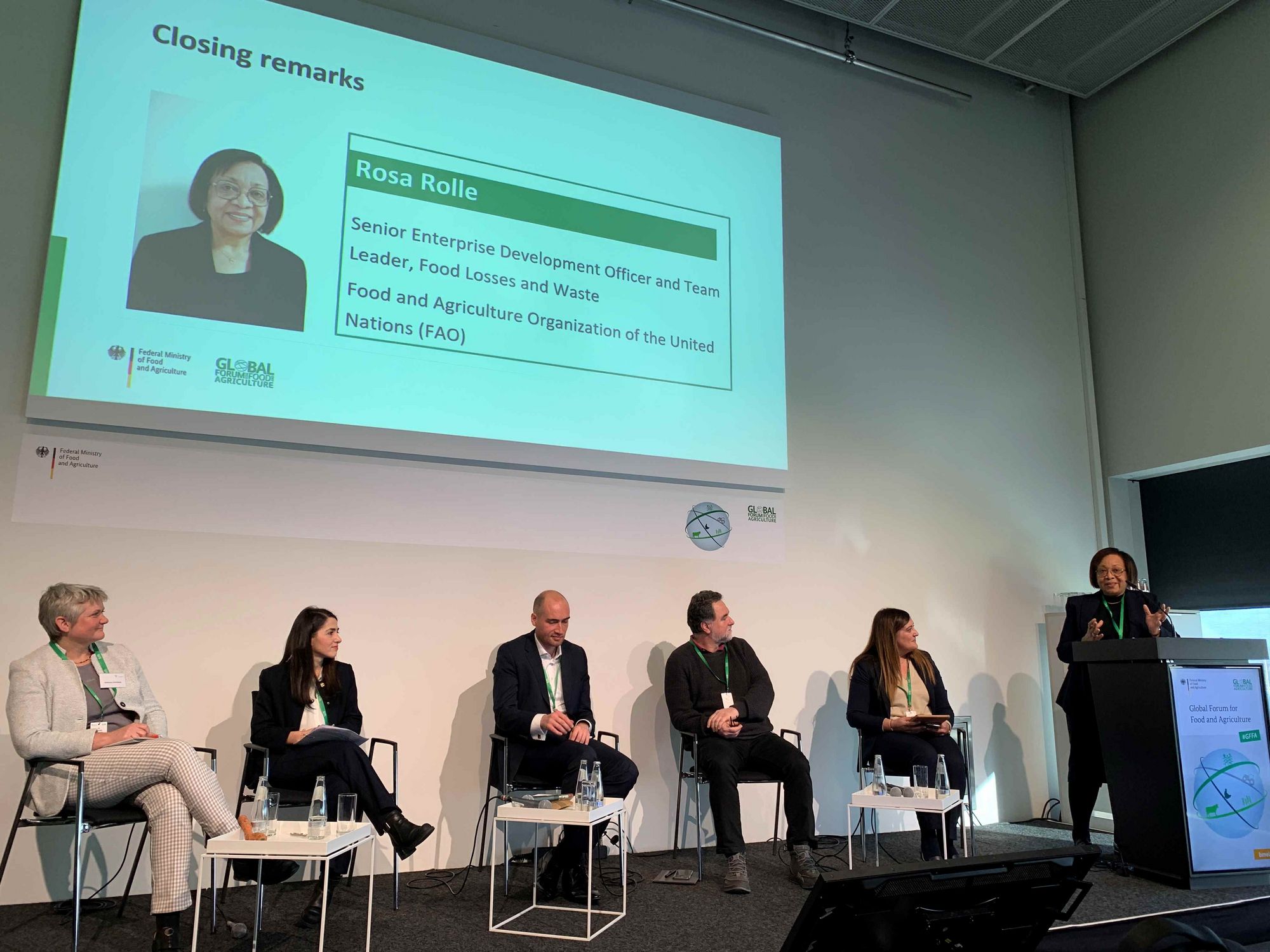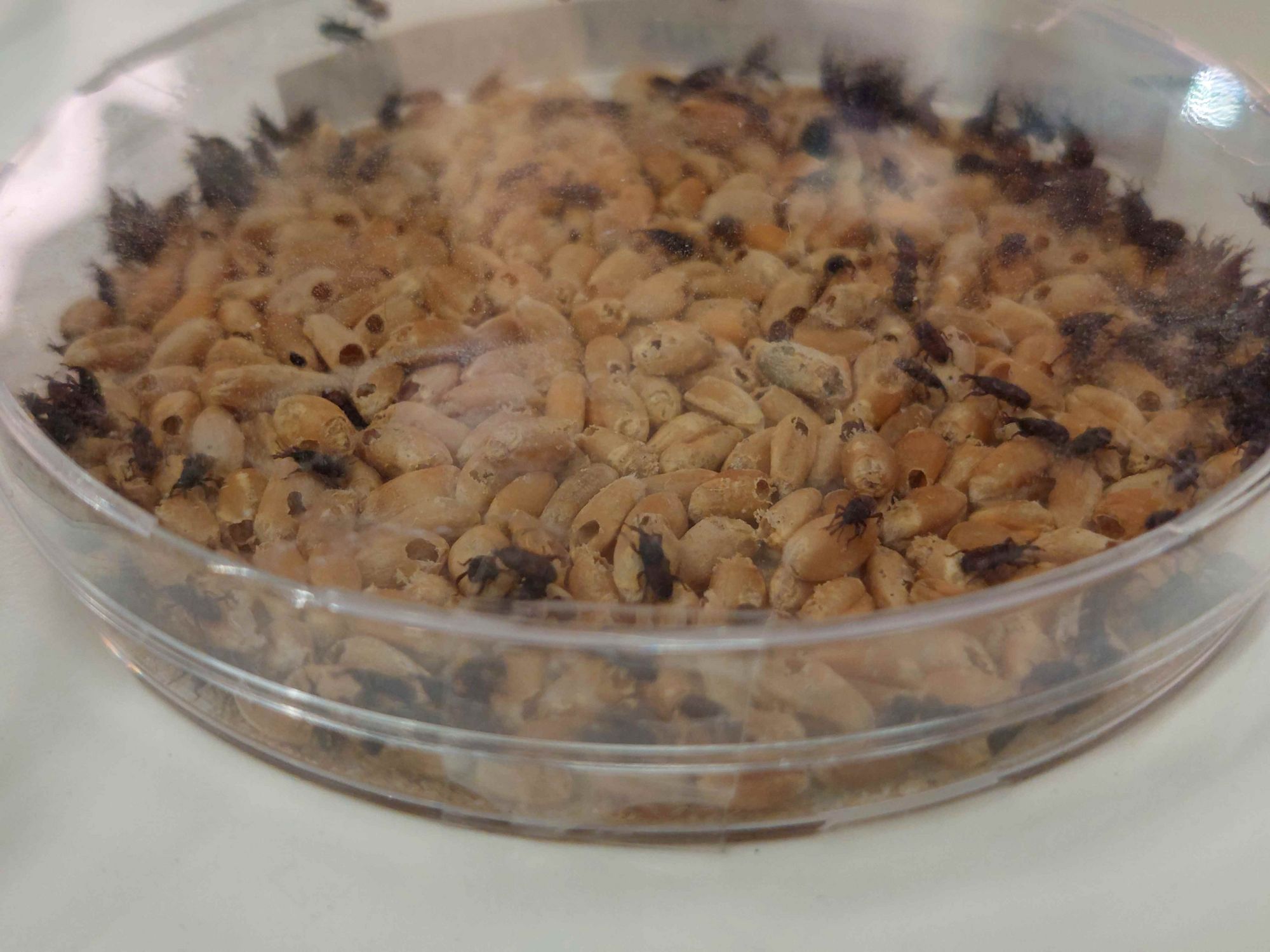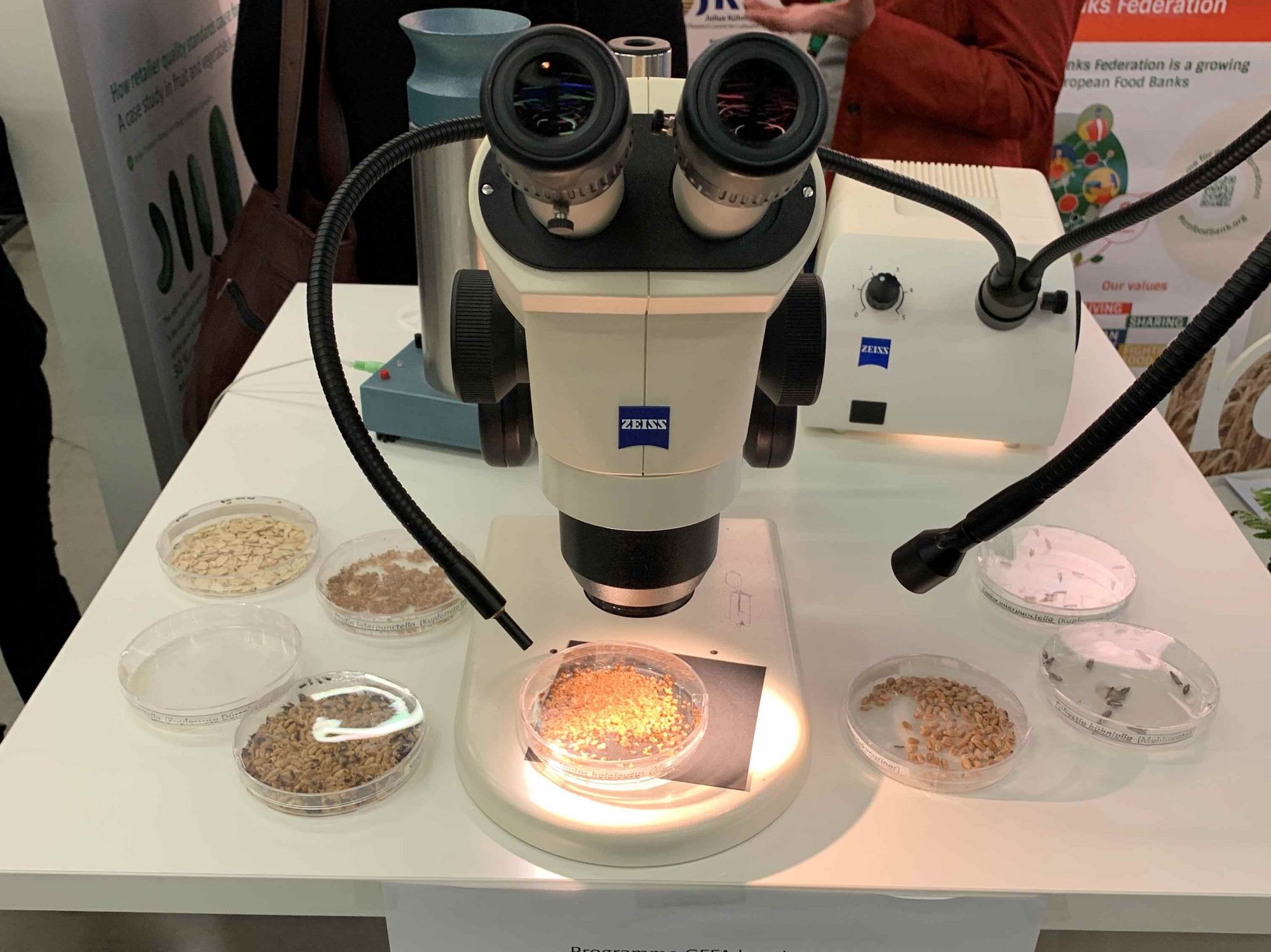Collaboration Initiative on Food Losses & Food Wastes launched at MACS-G20

Reducing food losses & food wastes (FLW) is a key global challenge to ensure sufficient and healthy food for the future and to use available resources – arable land, water, nutrients, energy, labour – as efficiently as possible.
Background & Objective
Radical reduction of food losses and waste (FLW) is a crucial issue to ensure global food security and to use the available resources in the best manner possible. Not for nothing United Nations identified FLW reduction as Goal 12.3 of Sustainable Development Goals.
Hence at MACS Meeting 2015 in Izmir (Turkey) the G20 States decided to place emphasis on FLW. Germany was charged with developing relevant activities. First step was the establishment of an appropriate web portal with information about current research activities, latest innovations and available scientific expertise.
But only collecting and documenting information isn’t enough. In fact G20 States should unite their strong potentials and make significant contribution to real progress. So as next step a joint MACS initiative is scheduled pooling promising research findings, innovative technological and logistical solutions, successful campaigns etc. concerning FLW reduction. Goal is to organize "touchable" progress.
Germany coordinates the bi- and multilateral activities of the initiative. For further information please contact Dr. Felicitas Schneider at Thünen Institute of Market Analysis.
Web portal regarding FLW research & experts
Registration at the web portal is open to experienced persons working in the field of food loss and waste prevention at any point of the whole food supply chain. Registration is free of charge. Aim of the platform is to provide direct contact to experts on FLW on a global scale.
Annual reports of the Collaboration Initiative
Our joint activities as well as updates from collaborating countries related to food loss and waste are summarised in our annual reports which you can download on the right. The reports are published at the end of each calender year.
In case you are interested to receive our annual reports automatically, you are welcome to contact our coordinator Felicitas.
Joint activities at the Global Forum of Food and Agriculture 2024
"Reducing food loss and waste" was one of the central themes of the 16th Global Forum of Food and Agriculture (GFFA) which took place in Berlin from January 18th to 20th, 2024. Our Collaboration Initiative FLW was very active - together with cooperation partners, we held an Expert Panel, organised an exhibition stand - and were invited as key note speaker to another Expert Panel organised by the European Food Banks Federation (FEBA).
The Parliamentary State Secretary at the German Ministry of Food and Agriculture visited our exhibition stand were we presented activities from A like Australia to Z like Zimbabwe. A huge number of our cooperation partners contributed to display the variety of food loss and waste challenges and solutions: banana losses in Sri Lanka, urban circular food systems in Brazil, storage pests in Germany, streetmarket FW in Zimbabwe, persimmon harvest losses in Spain, a set of social innovations to reduce FW in Europe, reduction of by-catch in the Baltic Sea, redistribution of surplus food in Europe, fruit and vegetables losses due to private marketing standards in Germany, Spain and Italy and voluntary agreements in wholesale, retail and food service sector in Germany.
Our Expert Panel "From global strategies to local implementation in preventing FLW" took place on January 19th, 2024. It was organised in close cooperation with the Global Research Alliance on Agricultural Greenhouse gases (GRA), the Brazilian Agricultural Research Corporation (Embrapa) and thinkstep-anz. Aim of the panel was to show opportunities how to connect high-level policy and on the ground practice involving multiple actors. About 90 multinational participants followed the discussions on-site and online. A summary of this Expert Panel can be found here in English and German. The presentations of Dr Chanjief Chandrakumar (thinkstep-anz/GRA), Dr Felicitas Schneider (Thünen Institute), Dr Gustavo Porpino (Embrapa) and Sharon Mada (Thünen Institute) provided insights into climate impacts of FLW, an overview on the Collaboration Initiative FLW activities from global to local level, details on the Brazilian Cities and Food project and results from household food waste in Zimbabwe.
Our key note address was part of the Expert Panel "From farm to food donation. How to maximise the potential of preventing harvest losses to ensure food security?" provided the framework for the lively discussion performed by Chris Hill from FoodCloud, Adolfo Villafiorita from Shair.Tech and Eva Sali from Copa*Cogeca. Rosa Rolle from FAO FLW team concluded the panel related to unexplored and unexploited potential to reduce food losses in primary production in context to food redistribution.
We would like to thank everyone involved in our joint GFFA activities! Please explore also the photos below.
Workshops for joint FLW action
Annual FLW workshops are organised by our Collaboration Initiative since 2017. The first one was targeting G20 members to collect needs how to best support their activities towards food loss and waste prevention. According to the findings from 2017, the following annual regional FLW workshops are dedicated to the respective G20 presidency country and the neighbouring region.
The aim of our workshops is to support the delivery of SDG Target 12.3, halving food waste at retail, food service and household level, and reducing food loss across the supply chain as well as to facilitate the cooperation and network building among countries in the region. The topics are annually selected according to relevant local challenges in close cooperation with regional partner organisations. The programme follows our strategy to enhance knowledge exchange and structured discussion among our participants in order to support action. In most cases our workshops consist of plenary sessions, working group sessions as well as field trips. Stakeholders along the food supply chain from agriculture (e.g., farmers, farmer associations) to waste management, businesses, research, policy makers (local, regional, national government), NGOs, consumer (associations), social organisations (such as food banks, etc.) are welcome to participate and share their valuable experiences. The participation in our workshops is free of charge.
Below you can find detailed information on each workshop, such as agenda, summaries, resulting agreements, presentations, photos and videos. Enjoy!
Sustainability Special Issue "National Strategies for the Prevention and Monitoring of Food Loss and Waste"
Dr. Thomas Schmidt, Stefan Lange and Dr. Felicitas Schneider from Thünen Institute worked as guest-editors for a special issue of the Journal "Sustainability" addressing „National Food Loss and Waste Prevention Strategies and Monitoring approaches – an interdisciplinary challenge for decision makers, researchers and practice“.
Finally, we achieved the valuable contribution from 10 international author groups who went successfully through the review process. The papers include experiences from Egypt, Germany, Italy, Japan, New Zealand, Saudi Arabia, The Netherlands, United Kingdom and United States of America. They are freely available for download here through open access. We would like to thank all colleagues who shared their valuable insights with us!
